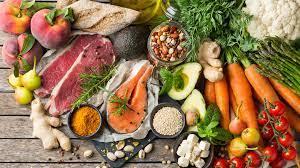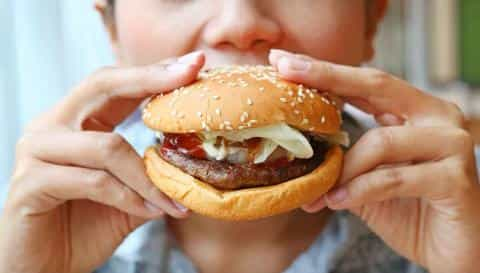
In the world of sports and fitness, the search for a quick fix to enhance performance is ever-present. From vitamin supplements to performance-enhancing minerals, the market is flooded with products that promise to take your training to the next level. However, the truth is, magic doesn't come in a bottle. While supplements can play a role in addressing specific deficiencies, most of these products offer little more than a placebo effect and come with a hefty price tag. The real key to unlocking your full potential lies in something much simpler: smart eating.
It’s easy to be lured by the promises on supplement labels—higher energy levels, faster recovery times, and improved performance. However, for the average person, most of these claims are not only exaggerated but can also be misleading. While certain populations, such as those with specific nutrient deficiencies or health conditions, may benefit from targeted supplementation, the majority of athletes and fitness enthusiasts can meet their nutritional needs through a balanced diet.
Many supplements are marketed with the idea that they can replace or enhance what you’re not getting from your diet. The reality, however, is that the human body absorbs nutrients from whole foods far more efficiently than from isolated compounds in a pill or powder. Moreover, an excess of certain vitamins or minerals can be harmful, potentially leading to toxicity or interfering with the absorption of other essential nutrients.

Instead of reaching for a supplement bottle, focusing on a well-rounded, nutrient-dense diet is the most effective way to fuel your body for peak performance. A diet rich in fruits, vegetables, whole grains, lean proteins, and healthy fats provides a wide array of vitamins, minerals, antioxidants, and other essential nutrients that work synergistically to support overall health and athletic performance.
For example, the vitamin C you get from an orange is absorbed along with other beneficial compounds like fiber and phytochemicals, which enhance its effects and provide additional health benefits. Similarly, the iron in spinach is more bioavailable when consumed with vitamin C-rich foods, illustrating how whole foods can optimize nutrient absorption and utilization in ways that supplements often cannot.
While a balanced diet is the foundation of good nutrition, there are certain circumstances where supplements may be beneficial. For instance, if you have a diagnosed deficiency (such as vitamin D or iron), your healthcare provider might recommend a supplement to correct it. Vegetarians and vegans might also need to supplement with vitamin B12, as this nutrient is primarily found in animal products.
Athletes with high training volumes may also require additional nutrients, such as electrolytes, to replace those lost through sweat, especially in hot and humid conditions. However, even in these cases, it’s best to seek the advice of a healthcare professional or a Registered Dietitian before starting any supplement regimen.

If you’re unsure about how to structure your diet to meet your training goals, or if you’re considering supplements, consulting with a Registered Dietitian (RD) is a wise move. An RD can provide personalized nutrition advice based on your individual needs, helping you to optimize your diet for performance and overall health.
Registered Dietitians are trained to assess your dietary habits, identify potential nutrient gaps, and create tailored meal plans that align with your athletic goals. They can also help you navigate the often-confusing world of supplements, ensuring that you’re making informed choices that truly benefit your health and performance.
While the allure of supplements is strong, the real magic in enhancing your performance lies in a well-balanced diet. Whole foods provide the nutrients your body needs in the most bioavailable and effective form, supporting everything from energy levels to recovery times. Before you invest in another bottle of supplements, consider investing in your diet—and if you need guidance, don’t hesitate to seek the expertise of a Registered Dietitian. Remember, there’s no substitute for the power of intelligent eating.
For more content find us via the app store:
Discover More Content





